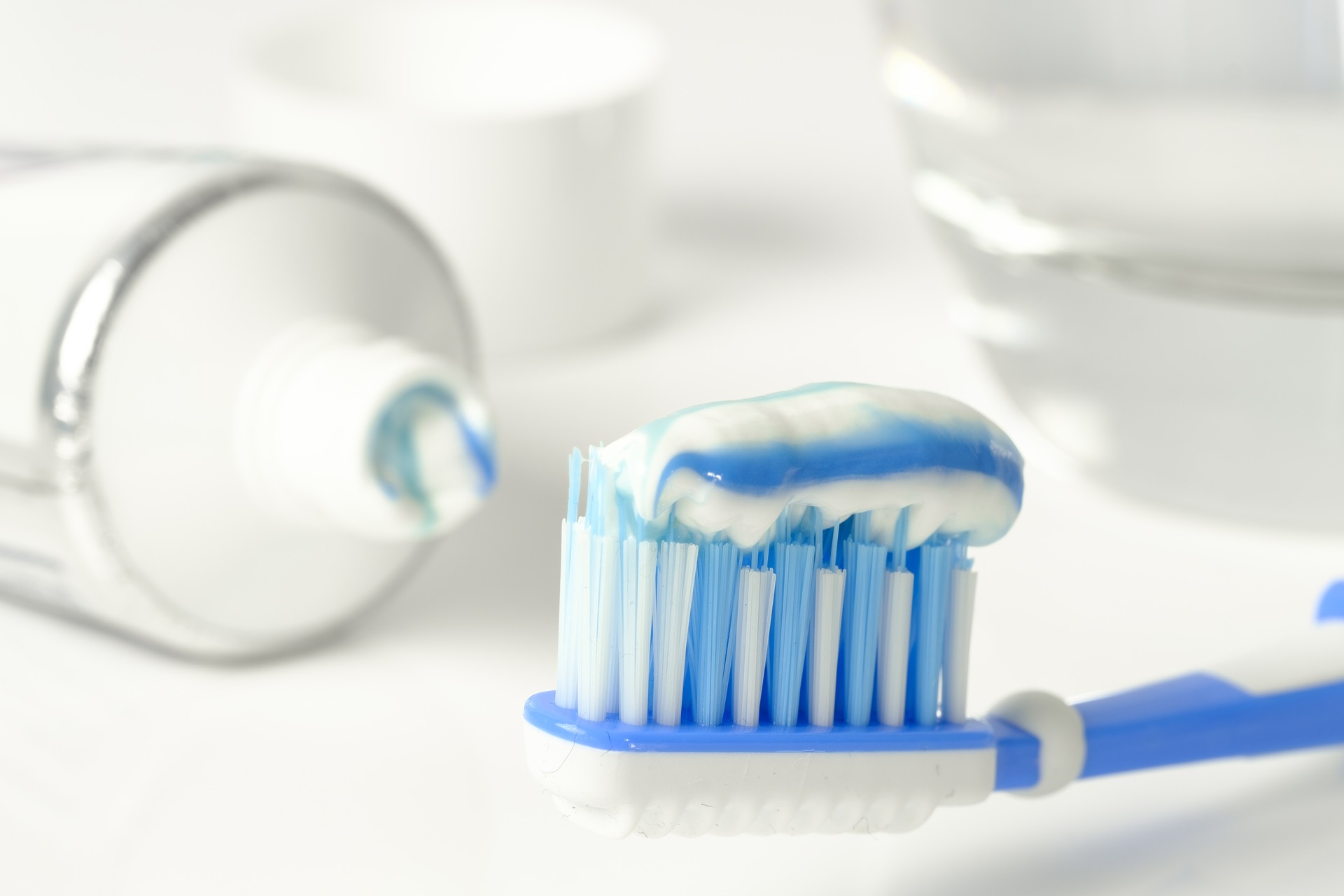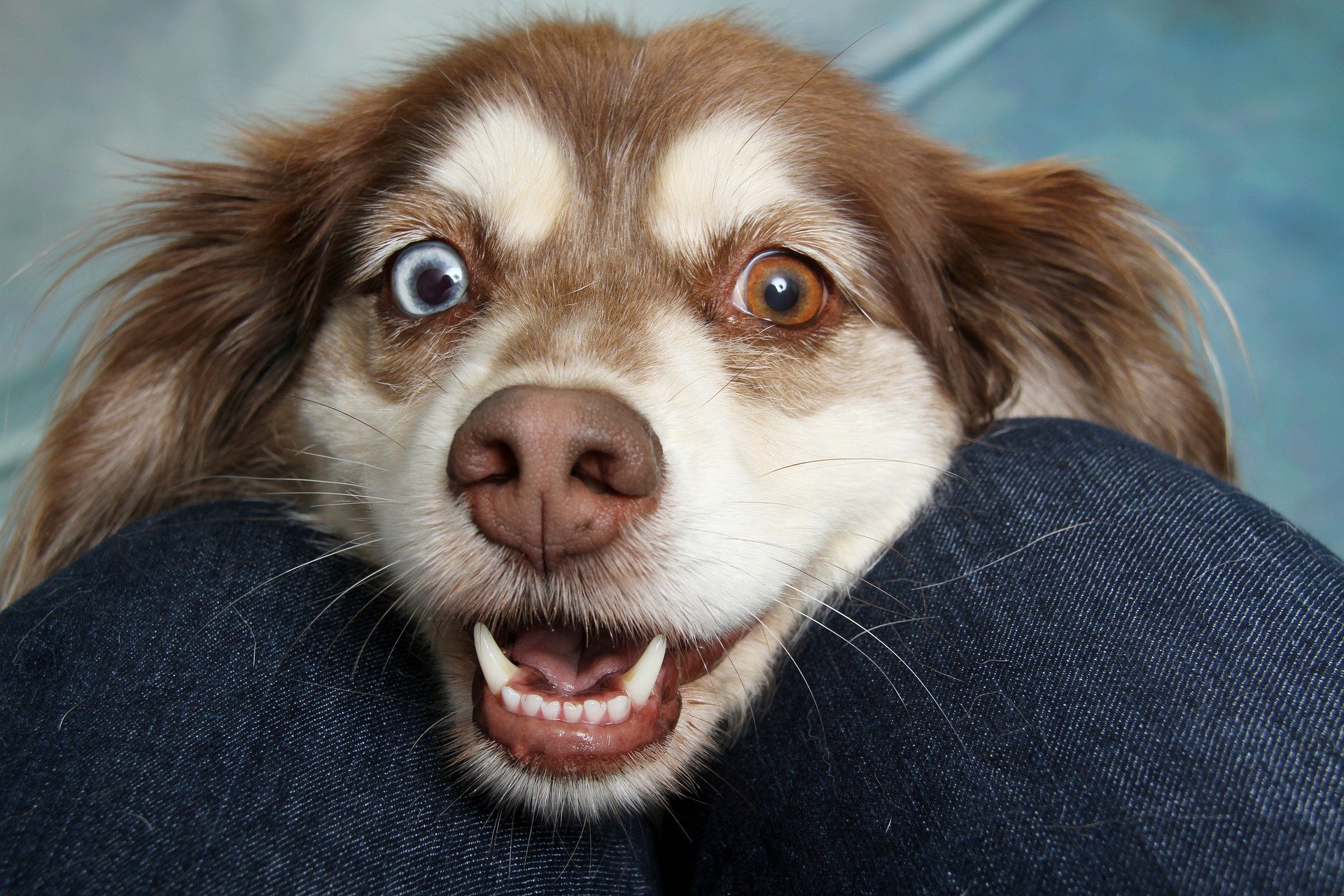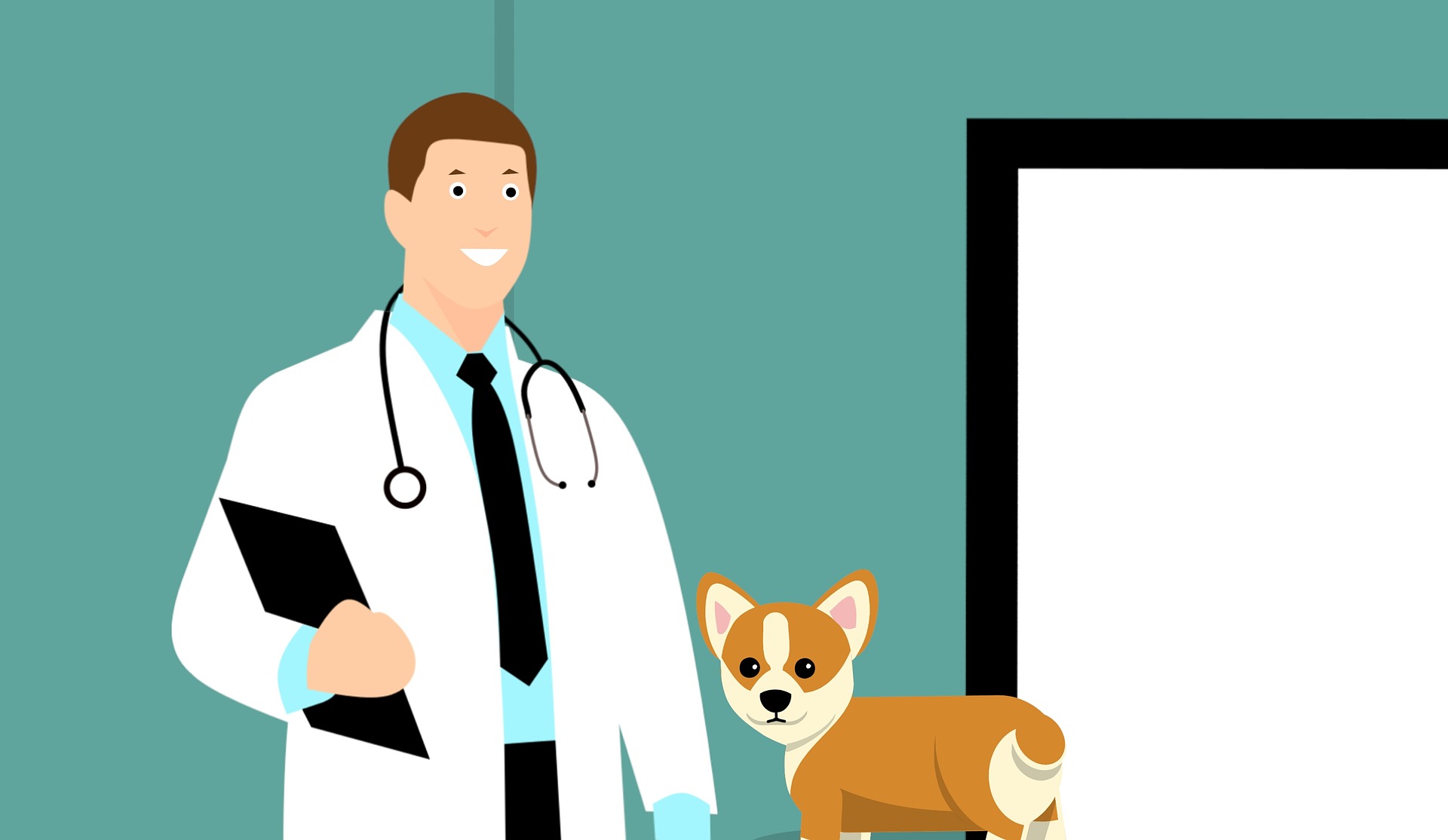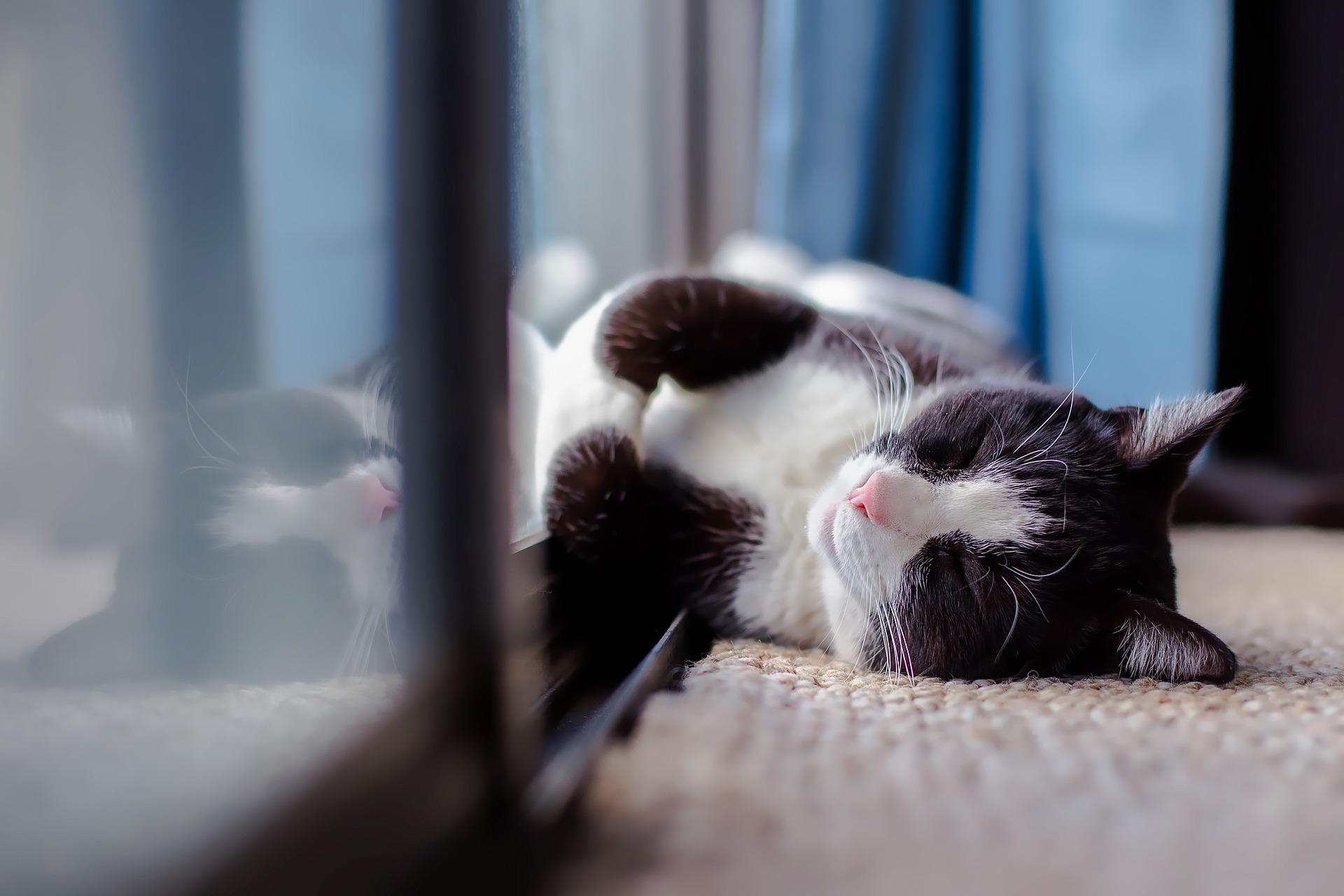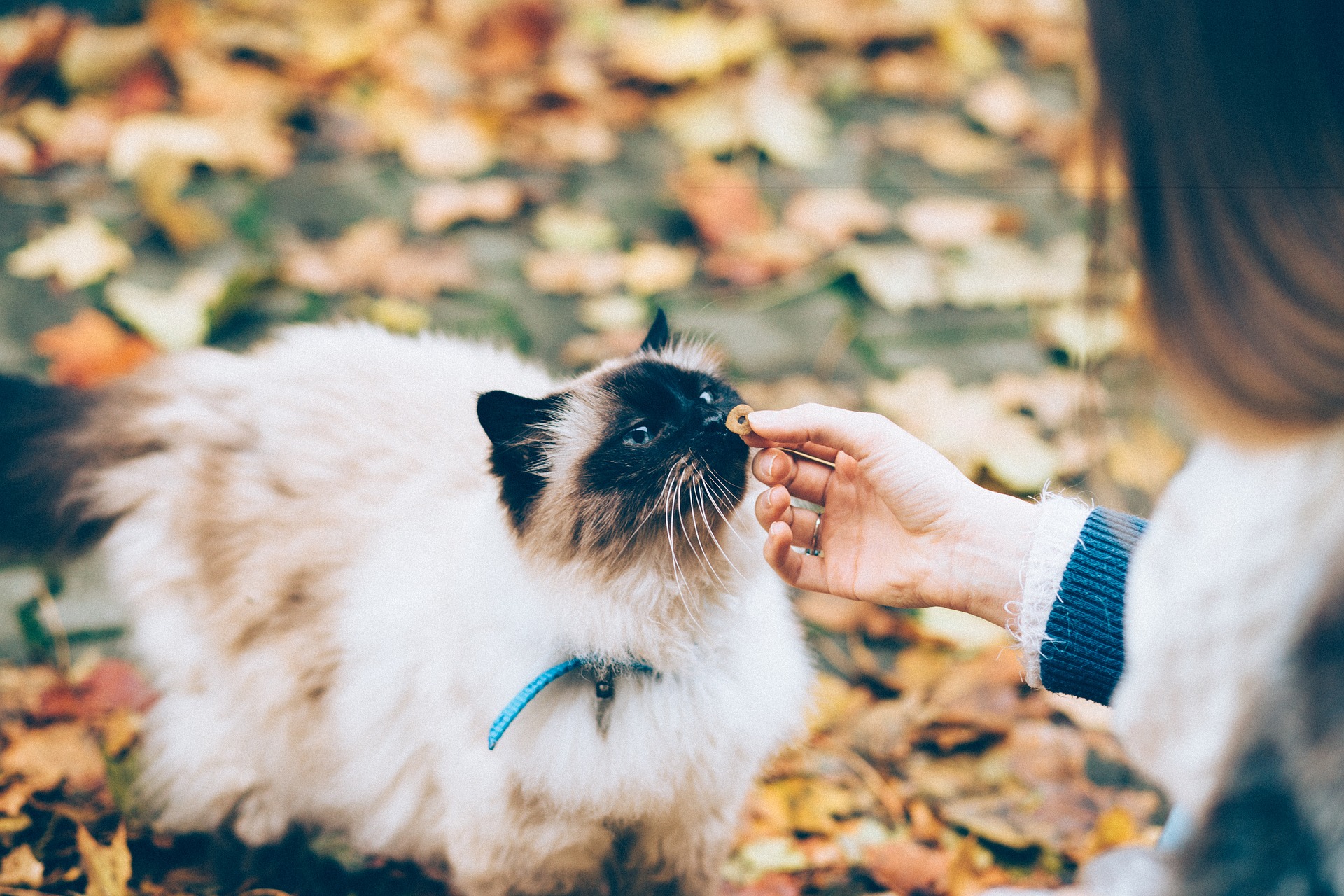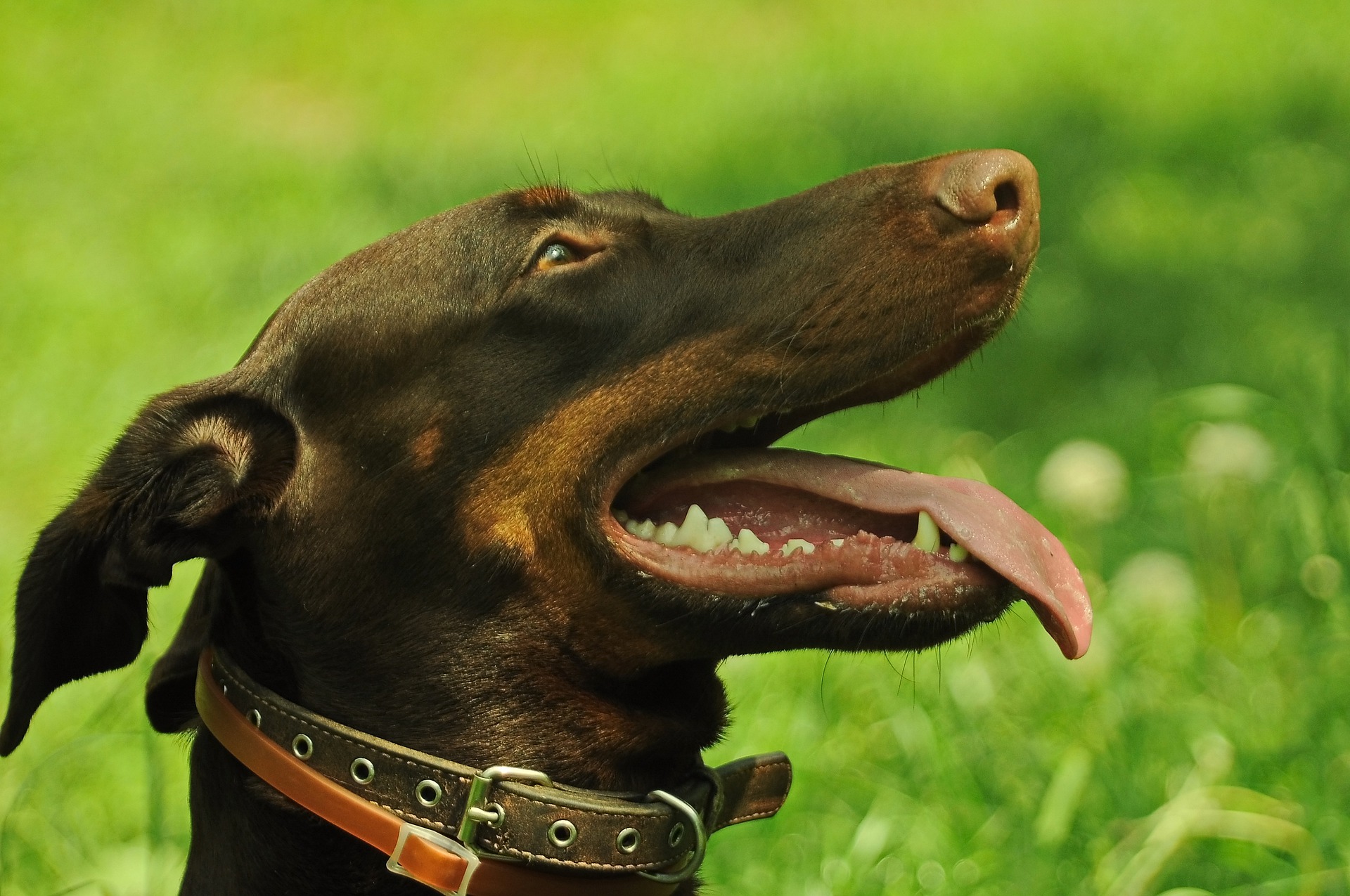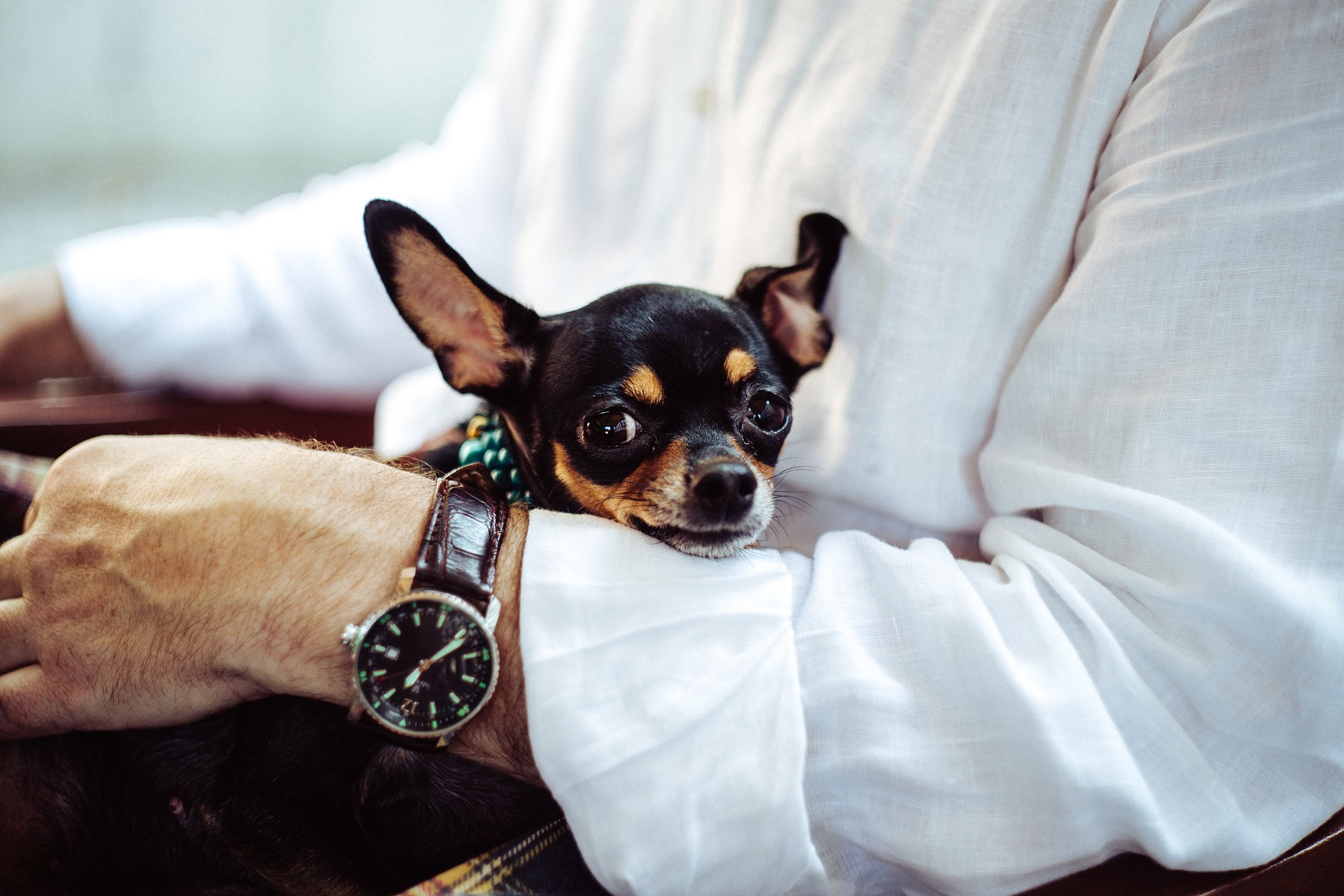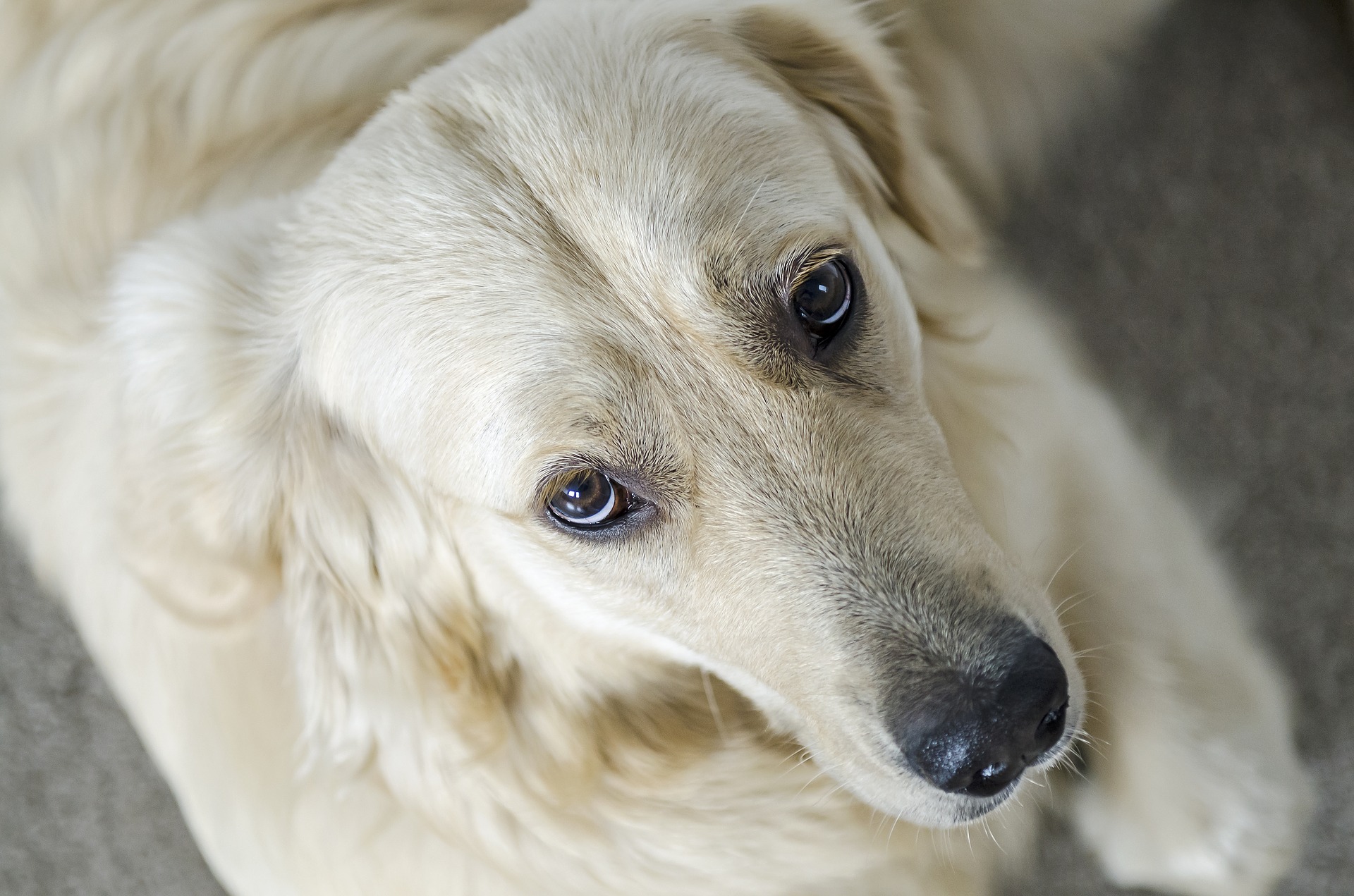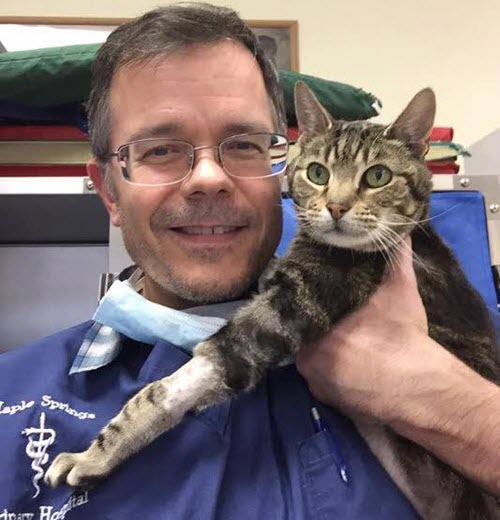6 Best Dog Toothpastes for Your Dog’s Dental Health
Brushing your dog’s teeth daily doesn’t have to be a dreaded task—for you or your dog. It can actually become a fun time to connect with your dog every day! Finding the right dog toothpaste is a key component of making the daily tooth-brushing routine...
